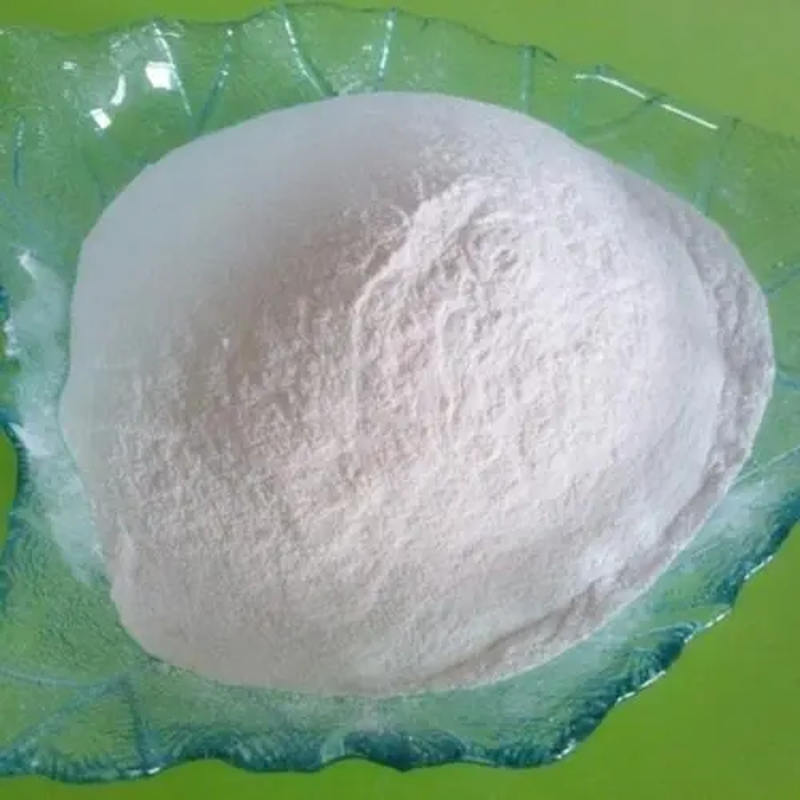-
Categories
-
Pharmaceutical Intermediates
-
Active Pharmaceutical Ingredients
-
Food Additives
- Industrial Coatings
- Agrochemicals
- Dyes and Pigments
- Surfactant
- Flavors and Fragrances
- Chemical Reagents
- Catalyst and Auxiliary
- Natural Products
- Inorganic Chemistry
-
Organic Chemistry
-
Biochemical Engineering
- Analytical Chemistry
- Cosmetic Ingredient
-
Pharmaceutical Intermediates
Promotion
ECHEMI Mall
Wholesale
Weekly Price
Exhibition
News
-
Trade Service
▎The content team editor of WuXi AppTec recently, the Delta (B.
1.
617) new coronavirus strain originally discovered in India has received widespread attention
.
Public Health England (PHE) research shows that its transmission capacity is stronger than the Alpha (B.
1.
1.
7) mutant strain originally discovered in the UK, and it has stronger immunity than the wild-type new coronavirus Escape ability
.
At present, it has been found in many countries in the world, so whether existing vaccines can provide protection is one of the most concerned issues
.
Previously, real-world data released by PHE showed that two doses of the new crown vaccine can produce a high degree of protection against the Delta variant
.
The latest data published by PHE recently showed that in terms of preventing hospitalization caused by the Delta mutant, two doses of the new crown vaccine (including multiple vaccine types) can reduce the risk of hospitalization by more than 90%
.
This analysis is based on 14019 cases of Delta variant infection with COVID-19 symptoms discovered between April 12 and June 4 this year, of which 166 COVID-19 patients were hospitalized
.
Based on these data, the researchers calculated the risk of hospitalization for patients infected with Delta variants
.
They found that compared with unvaccinated individuals, the hazard ration (HR) of patients who had received one dose of the vaccine was 0.
37, and the hazard ration (HR) of patients who had received two doses of the new crown vaccine was 0.
29
.
Further calculated vaccine efficacy showed that for the Delta variant, one dose of BNT162b2 vaccine reduced the risk of hospitalization by 94%, and two doses of BNT162b2 reduced the risk of hospitalization by 96%
.
One dose of ChAdOx1 reduced the risk of hospitalization by 71%, and two doses of ChAdOx1 reduced the risk of hospitalization by 92%
.
▲ Evaluation of the protective efficacy of the new crown vaccine against hospitalizations due to Delta and Alpha mutants (picture source: reference [3]) The researchers said in a preprinted article published that this result shows that the two new crown vaccines are either vaccinated One or two doses can provide a high level of protection against hospitalization
.
Dr.
Mary Ramsay, Head of Immunization at the Department of Public Health, UK, said: “This very important discovery verifies that the new crown vaccine can significantly reduce hospitalizations caused by the Delta variant
.
Vaccines are one of our most important tools in the fight against COVID-19.
They have Thousands of lives have been saved
.
"The British Ministry of Health officials also said that two doses of the new crown vaccine are very important, so as to obtain the maximum protection against existing and emerging new crown virus variants
.
Reference: [1] Vaccines highly effective against hospitalisation from Delta variant.
Retrieved June 15, 2021, from https:// variant[2] Real-world data demonstrated 92% vaccine effectiveness against hospitalisations due to the Delta variant.
Retrieved June 15, 2021, from https:// 2021/covid-19-vaccine-astrazeneca-effective-against-delta-indian-variant.
html#![3] Effectiveness of COVID-19 vaccines against hospital admission with the Delta (B.
1.
617.
2) variant.
Retrieved June 15 , 2021, from https://khub.
net/web/phe-national/public-library/-/document_library/v2WsRK3ZlEig/view_file/479607329?_com_liferay_document_library_web_portlet_DLPortlet_INSTANCE_v2WsRK3ZlEig_redirect=https%3A%.
net%3A443%2Fweb%2Fphe-national%2Fpublic-library%2F-%2Fdocument_library%2Fv2WsRK3ZlEig%2Fview%2F479607266 Note: This article aims to introduce the progress of medical and health research, not a treatment recommendation
.
If you need guidance on the treatment plan, please go to a regular hospital for treatment
.







